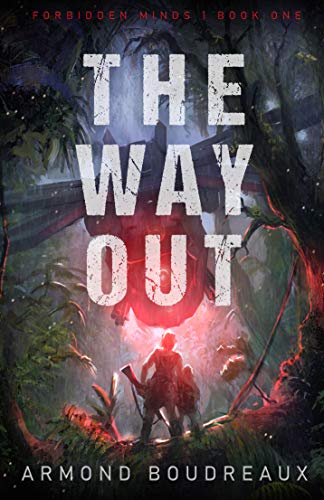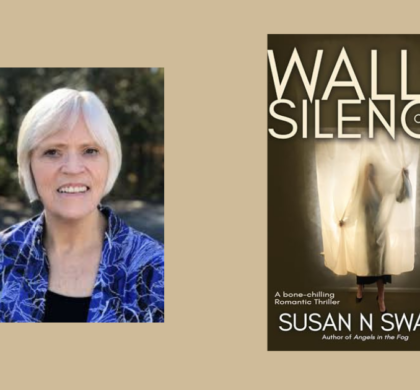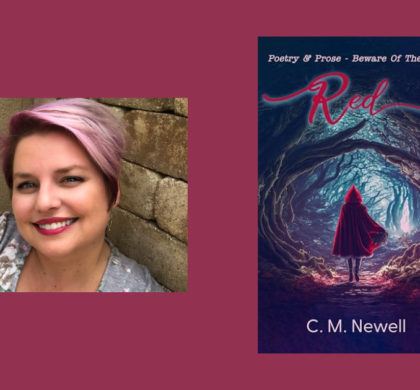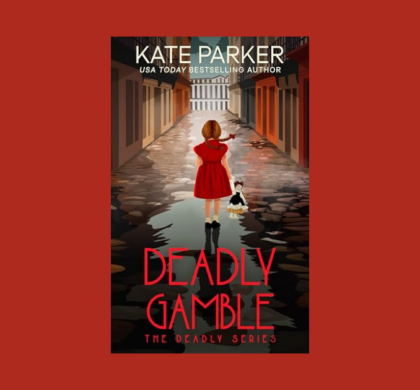Interview with Armond Boudreaux, Author of The Way Out
06 Oct 2020
What can you tell us about your new release, The Way Out?
How much time do you have? I suppose the first thing I’d tell anybody about the book is that it is the result of me thinking for a long time about trends I see in the world. A tendency toward totalitarianism on multiple fronts. The way in which technology helps us but also introduces new problems and new dangers. The tension between liberty and responsibility, between individual conscience and the collective will. The imminent threat of a surveillance state. The way in which social media divides us into tribes and factions and pits us against one another. The way in which the modern world makes it harder and harder to know the truth about anything. And probably most of all, when is it time for the individual to stand up to her society and say “no”? That’s the question I’m trying to answer with Val and Jessica.
What or who inspired you to become an author?
I don’t think I could identify one single inspiration. My Dad read to me when I was child. I grew up surrounded by books and a love of learning. I’ve loved stories and wanted to tell stories for as long as I can remember.
What’s on your top 5 list for the best books you’ve ever read?
I’m so, so bad at favorites and “top X” lists. As soon as I come up with five, I’ll think of thirty more that should be on that top five list. The first books that come to my mind right this minute are J.R.R. Tolkien’s The Lord of the Rings, Homer’s The Odyssey, William Faulkner’s As I Lay Dying, Jane Austen’s Pride and Prejudice, and Ralph Ellison’s Invisible Man. But I could go on to talk about a lot of other books, too.
Say you’re the host of a literary talk show. Who would be your first guest? What would you want to ask?
When I think of writers I would like to speak to, the first ones who come to mind are all dead. I’d love to talk to Tolkien, and I’d probably ask him questions about language, which is an interest of mine.
What’s your favorite thing about writing?
I honestly don’t know. Writing is hard—at least if you’re going to do it well. For me it feels like work. And I’ve done some hard jobs in my life, so it isn’t that I don’t know what “real work” is like. Writing is definitely real work. Sometimes it’s downright unpleasant. Sometimes it feels like I’m bleeding all over my keyboard. So it’s hard to say what my favorite part of it is. I just know that I have to do it.
What is a typical day like for you?
I get up early (at 4:45), write for about an hour, and then I get ready for work. Then it’s off to the races. I’m a college professor who teaches a 5/5 load, and sometimes I teach more than that (I’m currently teaching seven classes). And I have five kids who keep me and my amazing wife very busy. So my days are usually full—but I count that a full life.
What scene from The Way Out was your favorite to write?
I’ve already said that I’m bad at favorites, but the first scene that comes to mind is the very last scene in the book. Just a couple of pages with two characters. I won’t say what it is because it’s a spoiler. It’s a quiet reconciliation scene, not a big, action set-piece. But it means a lot to me.
Do you have a motto, quote, or philosophy you live by?
Not just a single one, no. My approach to life is informed by a lot of things: my faith, my interest in philosophy, my love of stories and myth. I believe in the things that I think all decent people believe in. Treating others with dignity and respect, even if we disagree with one another. Thinking of other people as ends in themselves and not as means to an end.
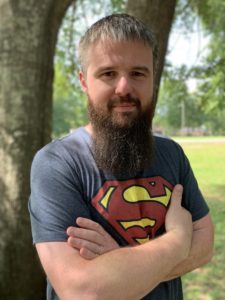
Armond Boudreaux is the author of the new book The Way Out.
Connect with Armond
Author Site
Buy The Book
Sign up for our email and we’ll send you the best new books in your favorite genres weekly.
